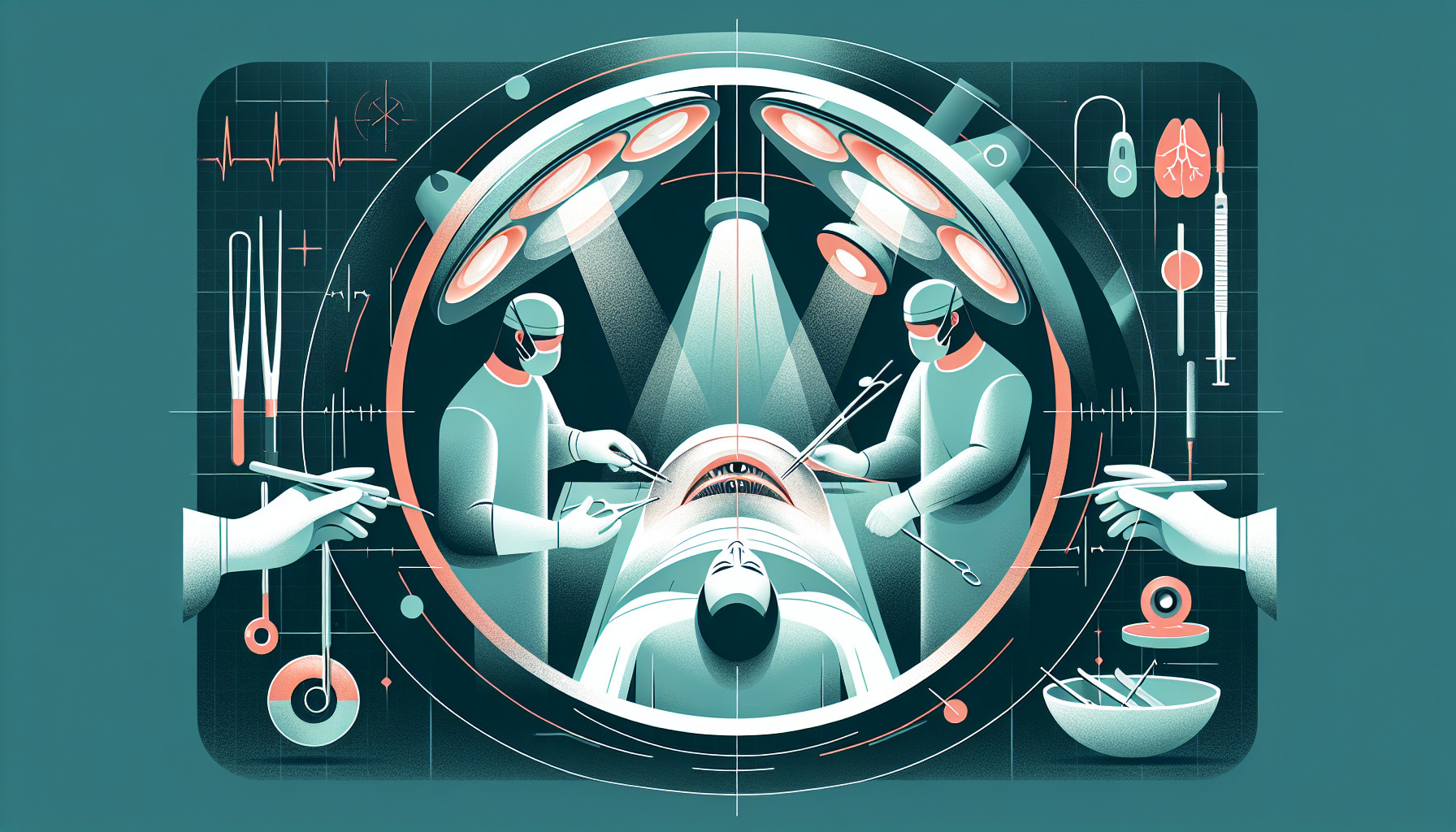Our Summary
This research paper looked at previous studies on the use of Optical Coherence Tomography (OCT) — a non-invasive imaging test that uses light waves to take pictures of your retina — before performing cataract surgery. They studied various articles and databases and analyzed their findings.
In about 14% of cases, the OCT screening identified issues in the macula (the part of your eye responsible for detailed central vision) that were not caught by a standard eye examination. The most common issues found were interface abnormalities and macular degeneration.
They also compared two types of OCT — SS-OCT and SD-OCT. The SS-OCT was less sensitive than SD-OCT in identifying macular problems.
The researchers concluded that OCT screening before cataract surgery could help in detecting hidden macular problems that could affect vision after surgery in about 1 out of 10 cases. Therefore, they strongly recommend making OCT screening a standard part of the pre-surgery checks for cataract surgery. Despite the help from SS-OCT, SD-OCT remains the gold standard for diagnosing pre-surgery cataract patients.
FAQs
- What is Optical Coherence Tomography (OCT) and how is it used in cataract surgery?
- What types of macular problems can OCT screening detect before cataract surgery?
- What is the difference between SS-OCT and SD-OCT, and which is preferable for pre-surgery screening?
Doctor’s Tip
A doctor might tell a patient that undergoing Optical Coherence Tomography (OCT) screening before cataract surgery can help detect any hidden macular problems that could affect vision after the surgery. This screening can identify issues that may not be caught during a standard eye examination, such as interface abnormalities and macular degeneration. It is recommended to make OCT screening a standard part of pre-surgery checks for cataract surgery to ensure the best possible outcome.
Suitable For
Typically, patients who are recommended cataract surgery are those who have significant vision impairment due to cataracts that cannot be corrected with glasses or contact lenses. Other factors that may indicate the need for cataract surgery include difficulty with daily activities such as driving, reading, or watching TV, glare sensitivity, and difficulty seeing in low light conditions. Patients with other eye conditions such as macular degeneration or interface abnormalities may also benefit from cataract surgery, as addressing the cataracts may improve overall vision and quality of life.
Timeline
Before cataract surgery, a patient typically experiences worsening vision, glare, halos around lights, and difficulty seeing at night. They may also undergo a comprehensive eye examination to determine the severity of their cataracts and discuss treatment options with their ophthalmologist.
After cataract surgery, the patient will usually experience improved vision, reduced glare, and better night vision. They may need to use prescription eye drops to prevent infection and promote healing. Follow-up appointments with their ophthalmologist will be scheduled to monitor their progress and address any concerns.
What to Ask Your Doctor
Can you explain what cataracts are and how they affect my vision?
What are the risks and benefits of cataract surgery?
How will cataract surgery improve my vision?
What type of intraocular lens (IOL) will be used during the surgery and how will it affect my vision?
What are the potential complications of cataract surgery and how likely are they to occur?
Will I need to undergo any additional tests, such as OCT screening, before the surgery?
Can you explain the results of any pre-surgery tests, including OCT screening, and how they may affect the surgery?
How long is the recovery process after cataract surgery and what can I expect in terms of vision improvement?
Are there any restrictions or precautions I need to follow before or after the surgery?
What is the success rate of cataract surgery and what are the chances of needing additional procedures in the future?
Reference
Authors: Ahmed TM, Siddiqui MAR, Hussain B. Journal: Eye (Lond). 2023 Aug;37(11):2176-2182. doi: 10.1038/s41433-022-02320-y. Epub 2022 Dec 14. PMID: 36517576
